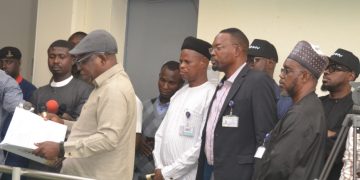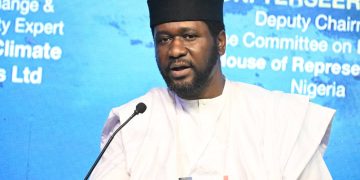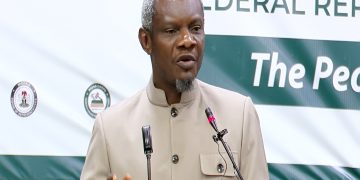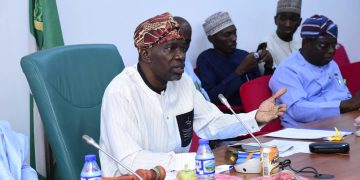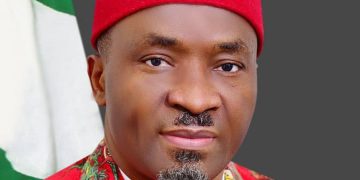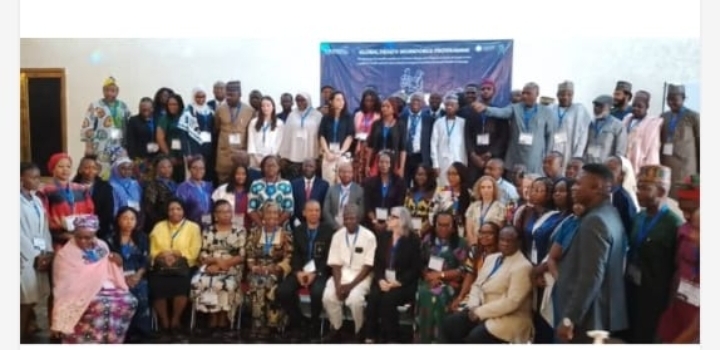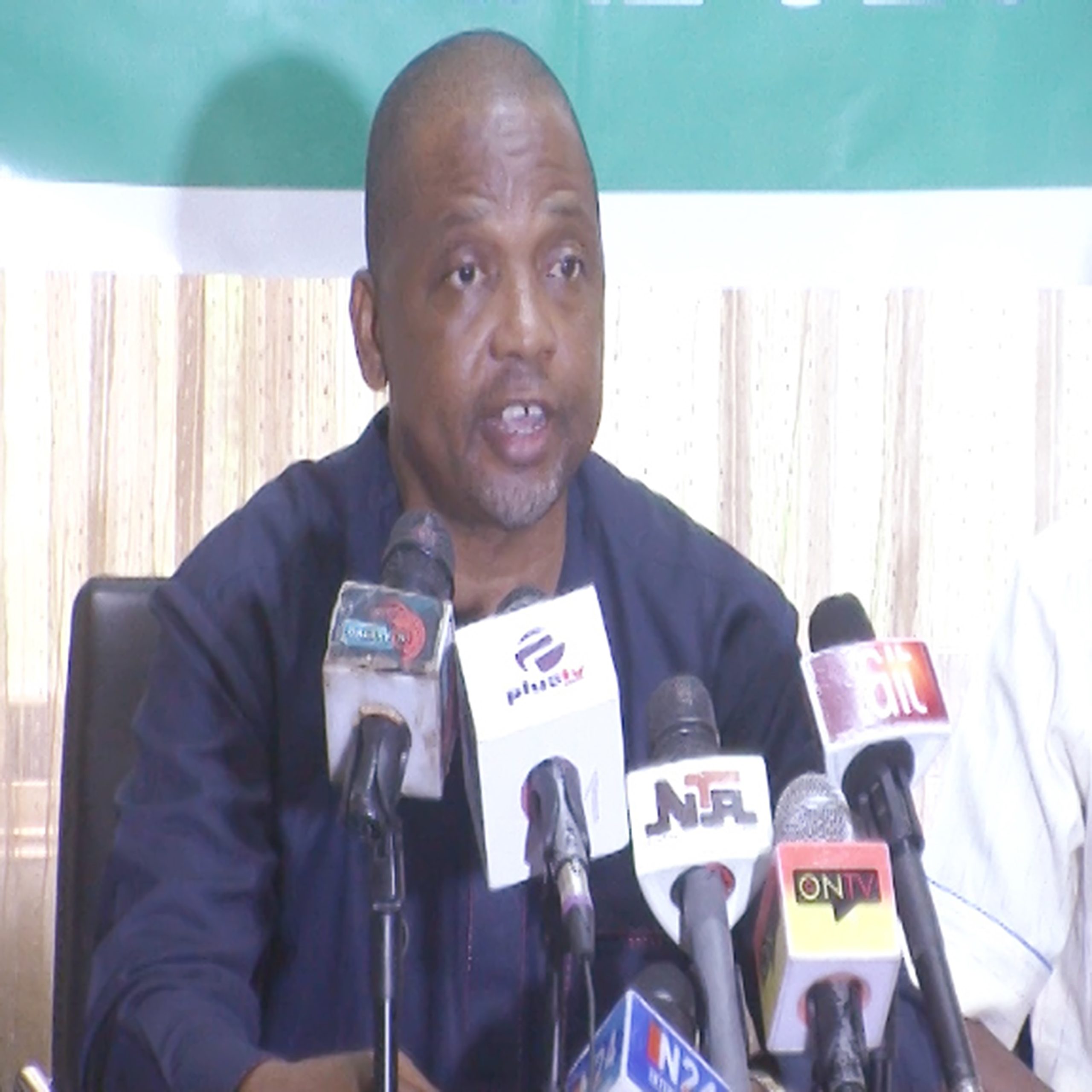By Comfort Olayinka
In a bold effort to combat medical tourism and reverse the “Japa syndrome,” the exodus of Nigerian healthcare professionals abroad, the Global Health Partnership (GHP) convened key national and international stakeholders in Abuja for the Global Health Workforce Programme (GHWP) Sharing and Learning Event.
The initiative, aimed at building a resilient healthcare system and enhancing Nigeria’s health workforce, addresses critical challenges like workforce migration, improving access to quality training, and promoting leadership among women and marginalized groups.
Key highlights include a focus on maternal and newborn care, with initiatives like the Advanced Obstetric Surgical Skills training program, as well as efforts to retain health professionals by improving their well-being and career opportunities.
With support from the UK Department of Health and Social Care (DHSC), GHP aims to bridge Nigeria’s significant health workforce gap and accelerate progress toward Universal Health Coverage (UHC).
Mrs. Toyin Saraki stressed the importance of improving working conditions and research funding to retain health professionals.Toyin Saraki, Founder and President of the Wellbeing Foundation Africa, described the GHWP as a transformative initiative aimed at strengthening Nigeria’s healthcare system post-pandemic.
“One of the core pillars of this initiative is the strengthening of Emergency Obstetric and Newborn Care. Nigeria has one of the highest maternal and neonatal mortality rates in the world, with a maternal mortality ratio exceeding 800 deaths per 100,000 live births and a neonatal mortality rate of 33 per 1,000 live births,” Saraki said.
This sentiment was reinforced by Dr. Mary Brantwo, Team Lead for Universal Health Coverage & Life Course Cluster at the World Health Organization (WHO). Dr. Brantwo emphasized that the strength of any health system depends on the capacity of its workforce.
Pharmacist Estelle Mbadiwe, Founding Partner of Ducit Blue Solutions and In-Country Coordinator for the GHWP, emphasized the urgent need to address workforce migration, commonly referred to as the “Japa syndrome.” This phenomenon has seen many Nigerian healthcare professionals emigrate in search of better opportunities abroad. Mbadiwe’s sentiments were echoed by Mrs.
“We are working closely with the Ministry of Health and regulatory bodies to understand why health workers are leaving and to develop strategies that will encourage them to stay.
This program is not designed to completely fill the gap caused by Japa syndrome, but it is making significant contributions by improving well-being, quality training, and leadership development across all health workforce cadres,”Mbadiwe stated.
According to WHO, Nigeria ranks among the 37 countries with critical health workforce shortages, with only 1.83 healthcare workers per 1,000 people. This falls far below WHO’s recommended threshold of 4.5 per 1,000. The organization has called for greater investment in human resources for health to address this shortage.


